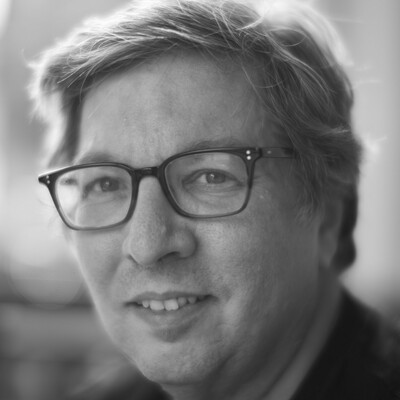- cross-posted to:
- photography@fedia.io
- cross-posted to:
- photography@fedia.io
United Nations Secretariat Building, NYC, 2021.
All the pixels, with simultaneous translation into multiple languages, at https://www.flickr.com/photos/mattblaze/51381729335
#photography

Captured with the Phase One Achromatic back and the Rodenstock 32mm/4.0 HR-Digaron lens, with the back shifted down 8.5mm to maintain the building’s geometry. I brought out contrast in the sky with a polarizer, but otherwise used no color contrast filtration. The camera was positioned across the avenue about 10 meters up from the plaza level (at the bottom of the “canyon” of the skyline reflected in the bottom center of the building).
Love them or hate them, mid-century rectangular glass curtain buildings like this are easy to dismiss as being “boring”, but I think that misses something.
Reflections of the surroundings become part of the facade, which changes at different angles and throughout the day. I visited several times and made dozens of photos, all quite different, before I settled on this one, and there are infinitely many photos others could make, all unique. (Similar to the new World Trade Center in this regard).
The UN Secretariat building was designed by an international team of architects (most notably Le Corbusier and Oscar Niemeyer) and completed in 1950. It was the first important “International Style” modernist skyscraper in New York - exemplified here here by a simple, unadorned rectangle with reflective glass curtain walls on either side.
Glass box office buildings became almost cliche in mid-century NYC, but the UN remains unusual in being set apart in the skyline, uncrowded by neighbors.
@mattblaze@federate.social
there’s a wonderful critique by Robert Hughes in “Shock of The New” of these.
I think it’s this one:
(Trouble in Utopia)
https://ia903405.us.archive.org/31/items/the-shock-of-the-new/The Shock of the New/The Shock of the New - 04 Trouble in Utopia.mp4
I have mixed feelings about Le Corbusier’s architecture (to say nothing of his urban planning philosophy - he clearly influenced Robert Moses), but I think the UN Secretariat building was one of his successes.
An aside: If you look at the full resolution version (downloadable on flickr), you can see the HF amateur radio antenna on the roof. Nerds are everywhere, even/especially at the UN. There’s also a family taking a group picture on the street in front.
@mattblaze@federate.social
Impressive fine detail!
@mattblaze@federate.social
This view of the Secretariat only focuses thought on your discussion, considering it by itself as a historic building.✅️
Usually it’s reduced to straight-man for the GA building’s punchline, a study in contrast.
Which is fine, that was the point C & N &al were making. ( Similar to unicameral Nebraska statehouse. )
@mattblaze@federate.social
I wouldn’t blame LeC for the excesses of Moses but yes, his and contemporaneous urban planning violated his own ‘human scale’ critereon; planned dystopias. We’re lucky so few visions were completed.
Is there a planned city drawn & built in the automobile era as successful as Paris or D.C., drawn & built for horse-carriages ?
@mattblaze@federate.social Lovely photo and description. Boston’s John Hancock Tower’s reflectivity similarly gives it different looks, like the building is a little bit alive (and it gets to reflect HH Richardson’s Trinity Church).